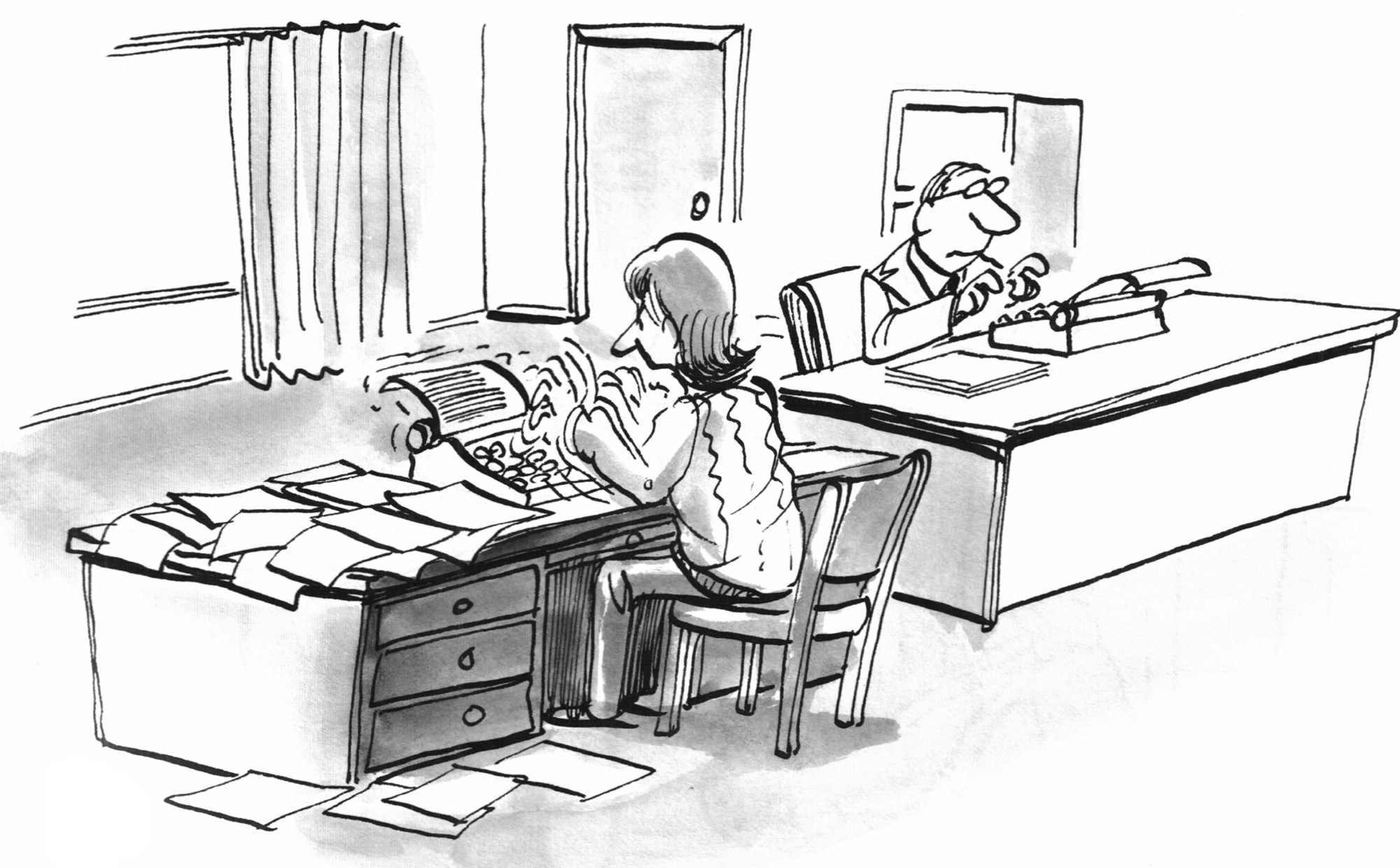Table of Contents Show
Searching for a home in New York City can be an exhilarating yet demanding experience. As a buyer, being prepared is paramount, and one crucial step you must include with your offer is a proof of funds letter. Especially for first-time buyers, understanding this document and its significance is essential. Failure to move quickly enough could result in losing out to another organized buyer who has all their documentation ready.
What is a Proof of Funds Letter?What is a Proof of Funds Letter?
A proof of funds letter certifies a buyer’s ability to cover the transaction’s costs. Sellers are unlikely to consider an offer seriously if it does not include this document. After all, how can they be sure that the buyer has the financial capacity to close the purchase?
Even if you’re obtaining financing for the purchase, a proof of funds letter is still expected. This is because you’ll need to demonstrate that you have funds available for the down payment (typically 20% of the purchase price) and closing costs (an additional 3-4% of the purchase price).
But what about the pre-approval letter? Doesn’t that count?But what about the pre-approval letter? Doesn’t that count?
Actually, no. A pre-approval letter only signifies a lender’s commitment to providing the buyer with a home loan. You’ll still need a proof of funds letter to show you have the funds available to complete the sale and where those funds are held. These are two separate documents and should not be confused with one another.
What Counts as Proof of Funds?What Counts as Proof of Funds?
Most buyers obtain letters of proof of funds from the financial institutions where their money is kept. These letters usually come on official documents signed by a senior representative or officer of the bank. While it’s typically from a bank, it can also be from an open line of credit or a money market account where funds can be withdrawn quickly.
The proof of funds letter does not necessarily have to disclose the amount of money in the buyer’s account. When obtaining financing, all that’s required is to show that the funds exceed the purchase price or the deposit/closing costs, including post-closing liquidity.
Alternatively, a proof of funds letter can be a simple bank or investment account statement. In this case, it’s perfectly acceptable to redact the account numbers for privacy.
Must I Include Anything Else with the Letter?Must I Include Anything Else with the Letter?
It depends on whether you’re buying a co-op or condo. For condo purchases, the listing agent may accept just the offer price and proof of funds for an all-cash offer. However, you’ll still be expected to provide a completed REBNY Financial Statement and personal and professional reference letters for co-op purchases, even for an all-cash offer.
Co-ops have stringent financial requirements and want to ensure that you have sufficient liquid assets post-closing and income. The required amount will vary from one co-op to another, so it’s essential to have your buyer’s agent confirm how much is needed before making an offer.
Regardless, if you’re serious about closing, it’s advisable to include a REBNY statement along with your attorney’s contact information and a home buyer offer letter.
Exploring Proof of Funds Letters Further:Exploring Proof of Funds Letters Further:
In addition to understanding the importance of proof of funds letters, it’s helpful to delve deeper into their significance within the real estate market. These letters provide tangible evidence of a buyer’s financial capacity, reassuring sellers and agents alike. Furthermore, they can be crucial in negotiating favorable terms and securing competitive properties in a fast-paced market like New York City.
Proof of Funds Letter SampleProof of Funds Letter Sample
Most banks have their proof of funds templates on file and fill them out as needed. They will vary in the details given but, at a minimum, will include the following:
[Date] [Return Address]To Whom It May Concern,
We confirm that our client _____ [Name of Company/Individual] ______ has available a sum in excess of __________ as of this date with _____ [Name of Financial institution] ______. Please get in touch with us at your convenience to verify the funds mentioned above.
Yours truly,
[Authorized Officer]Date: _____
Contact Info: __________

